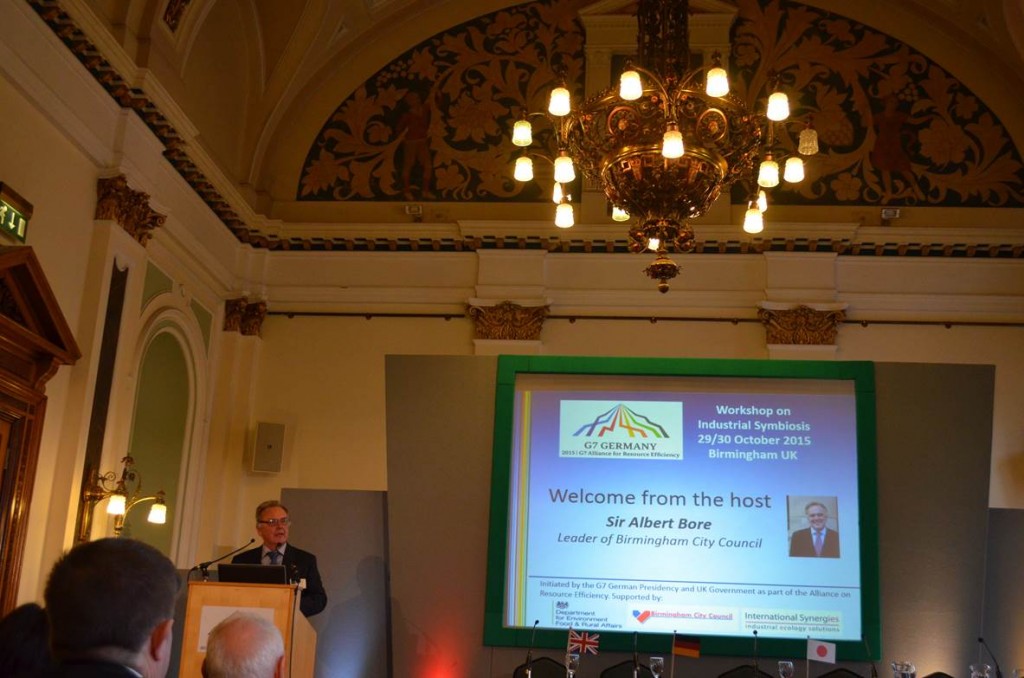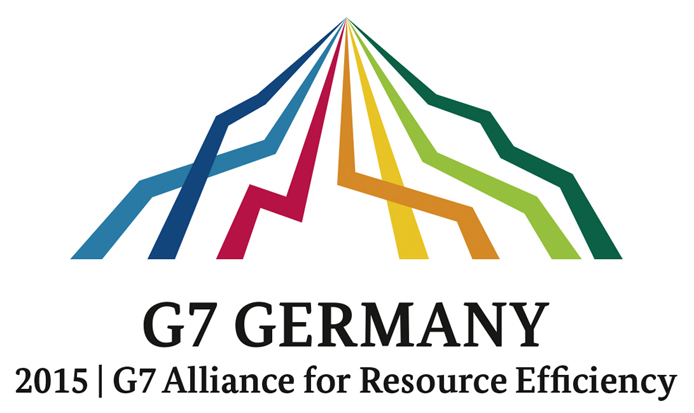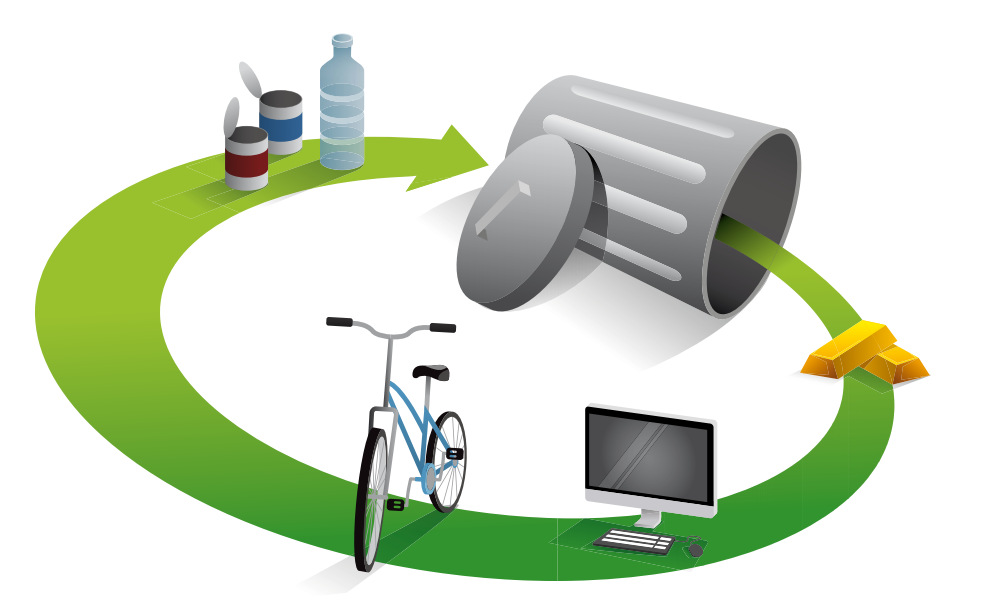Over 100 leading figures from government, industry, institutions and academia convened in Birmingham last month to debate and drive action on resource efficiency across G7 countries.
The event, organised by Birmingham based International Synergies Limited and the Department for Environment Food and Rural Affairs (Defra) with support from Birmingham City Council took place on October 29th and 30th.
The two-day interactive workshop focussed specifically on the theme of industrial symbiosis as an effective way to increase resource efficiency, and was the first event of the newly formed G7 Alliance on Resource Efficiency, established under the German presidency of the G7.
Sir Albert Bore opening the G7 Workshop on Industrial Symbiosis

Sir Albert Bore making a welcome speech for the participants of the G7 Workshop on Industrial Symbiosis
Sir Albert Bore, Leader of Birmingham City Council, said: “I am delighted to welcome representatives from governments, businesses and international institutions from around the world to Birmingham to showcase the exemplar progress made in the field of industrial symbiosis; pioneered initially in the West Midlands, then across the UK and subsequently across all continents.
“It is entirely appropriate the G7 has chosen Birmingham as the venue, the home of the industrial revolution and now of industrial symbiosis – being the birthplace of the UK’s National Industrial Symbiosis Programme (NISP) created by International Synergies over 10 years ago.
“Our city continues to play a leading role in the effort to achieve resource efficiency and reducing the environmental impact of businesses and there is much we can showcase to others at the event. But I hope it also acts as an opportunity for us to learn from others about things that could benefit Birmingham in return.”
Meaning of industrial symbiosis
Industrial symbiosis brings together producers and potential users of under-utilised resources (including materials, water, energy, logistics, expertise, assets) with technological innovators to foster demand-led innovation. Industrial symbiosis is a proven mechanism for delivering wide-ranging economic, environmental and social benefits including resource efficiency, green growth, job creation and eco-innovation.
“International Synergies has worked in over 25 countries providing expertise and tools to support the implementation of industrial symbiosis projects based on the NISP model”, explains Peter Laybourn, Chief Executive of International Synergies.
“Working in different economies and cultures around the world has enabled us to adapt and evolve our approach. It has been an honour to be able to share much of this experience with representatives from the G7, to drive forward further action on resource efficiency by stimulating the appetite for programmes such as NISP, which apart from substantial business benefits, generate exceptional tax returns for public investment.”
‘One company’s rubbish can truly be another’s treasure’
Each of the G7 countries was represented at the event; with key participants presenting and leading discussions highlighting ways in which industrial symbiosis is being applied at both city, regional and national level.
Rory Stewart, Parliamentary Under Secretary of State for Environmental Rural Affairs, commented: “Making the most out of our resources is crucial for economic growth and for the future of our planet.
“The UK leads the way in the field of industrial symbiosis, showing the world that one company’s rubbish can truly be another’s treasure. The G7 Alliance on Resource Efficiency is a fantastic platform for these discussions. It allows us to learn from each other, discuss ideas, and develop new ways of tackling waste.”
G7 Workshop bringing companies and institutions together
During the event multi-national businesses showcased specific examples of how they use the approach at practical and strategic level to improve resource efficiency, competitiveness and productivity. Presentations were provided by businesses including Arla Foods, Bosch, Jaguar Land Rover, Michelin, and Ricoh.
International institutions such as the United Nations Environment Programme (UNEP), Global Green Growth Forum (3GF), United Nations Industrial Development Organisation (UNIDO) and United Nations Development Programme (UNDP) increasingly acknowledge that industrial symbiosis can play a key role in addressing global environmental, economic and social challenges such as climate change mitigation, regional economic development, green growth, material security and eco-innovation.
One such example was provided by UNEP, who with support from the UK Foreign and Commonwealth Office, is trialling a project which sees International Synergies training staff in National Cleaner Production Centre (NCPCs) in all areas of industrial symbiosis. Initially developing pilots with NCPCs in Asia, Africa and South America, the ultimate aim of the project is to establish a framework to develop a ‘Global Industrial Symbiosis Programme’, with potential to include all countries eligible to receive Official Development Assistance (ODA) helping businesses (especially SMEs) to adopt more eco-innovative business strategies.
A full programme for the event is available at http://www.international-synergies.com. Presentations from key speakers are also available to download on the website.







